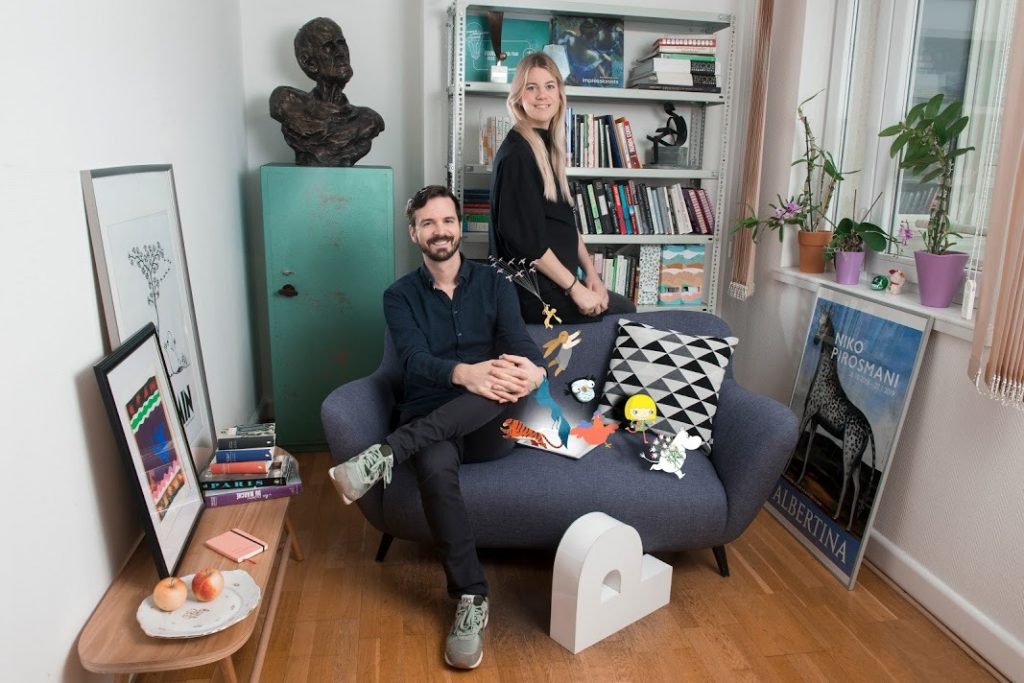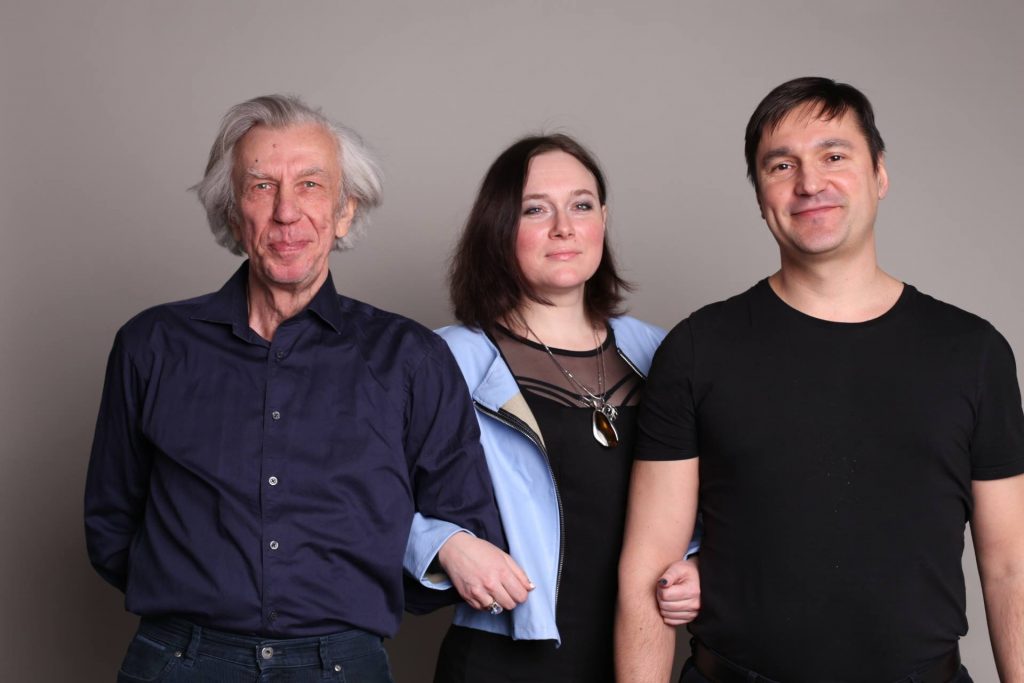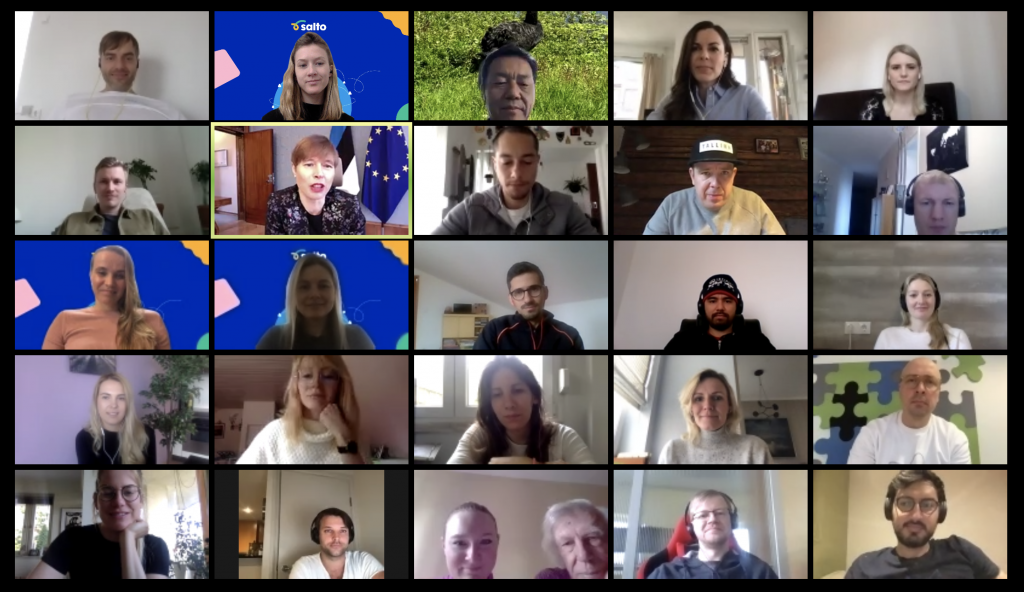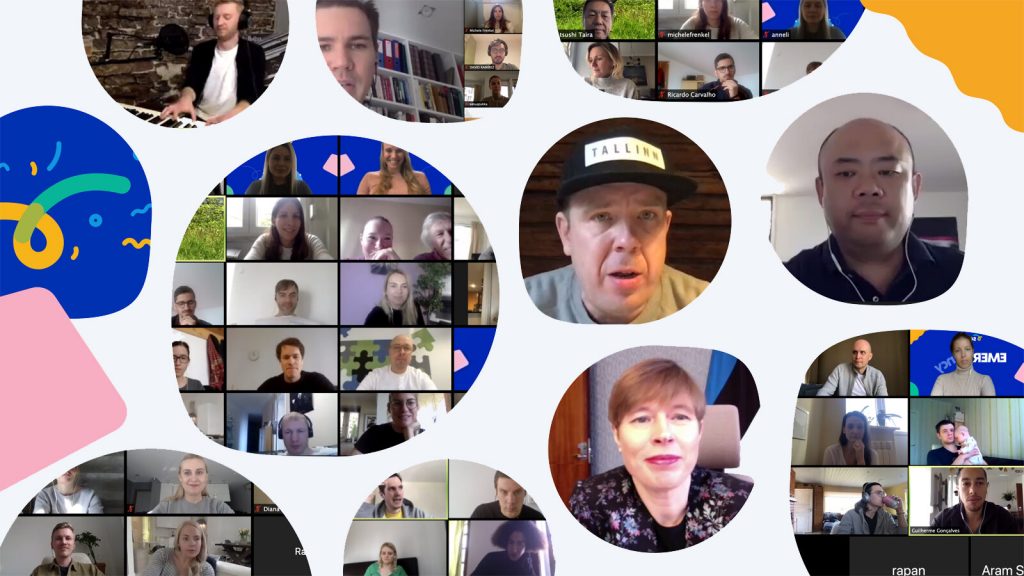During the first weekend of April, 18 startups from around the world came together to work on solutions to the problems caused by the novel coronavirus pandemic; the Estonian-led EMERGEncy Growth Camp accelerator, held online, was aimed at companies that had existing products, but were looking to tackle specific growth challenges.
The accelerator saw participants from 10 countries, including Estonia, Finland, Russia and Portugal; the mentors included co-founders and key players from companies like Skype, Bolt and Veriff, as well as the Estonian president, Kersti Kaljulaid. The majority of the participating startups were offering services in the education and medical fields.
From books to rare diseases
Among the participating startups was BOOKR Kids, an edutainment tool from Hungary that develops literacy in children through gamified reading. Originally a classroom solution, the company was flooded with requests from parents to use the app at home once the schools started going into lockdown.
BOOKR Kids gained a record of 30,000 new users in just a week as a result. Now, according to the company’s CEO, Dorka Horvath, it has set its sights on the global market.

The company joined the Growth Camp to restructure its business model. “We had acted instinctively so far – now it’s time to focus on strategy,” Horvath said. During the 100-hour growth camp, BOOKR Kids built a business-to-consumer marketing funnel and managed to attract new users from 34 countries.
The award for the best-performing team of the accelerator went to Semantic Hub – a multilingual natural language processing AI capable of identifying rare and severe disease symptoms based on public forum posts made by people suffering from undiagnosed conditions.
“Semantic Hub translates information from ‘ordinary human language’ into clinical language,” the company’s CEO, Irina Efimenko, said, explaining how the tool bridges the gap between patients, doctors and medical researchers.
While the tool’s main purpose is to help pharmaceutical companies find countries to focus research efforts on, Semantic Hub also provides insight into the stories of people suffering from rare diseases.
“Until recently, patients were treated as objects of care – they had no voice. There was a perception that they understood nothing. Nowadays, they are decision-makers – the voice of the patient is becoming more important.”

Efimenko started the company in 2015 together with co-founders Vitaly Nedelskiy and Vladimir Khoroshevskiy. The latter is a professor in artificial intelligence, and he was 69 years old when Semantic Hub launched. Still an active academic, he has a rather unique perspective on the entrepreneurial lifestyle. “In science, you can sometimes be alone – but in business, you are always part of a community,” he stated.
While some startups had software solutions, others had physical products. One such company – Shimejito Urban Farms – had developed a system for growing edible mushrooms in urban homes using waste as fuel.
Shifting focus to climate
The organisers of the camp are already arranging for the next accelerator, called the New Norm Growth Camp that is set to take place from 1-5 June. While the online event will still be available to startups around the globe, the focus will shift from pandemic-related solutions to the looming climate crisis.

“There will never be a better time to build things that have a huge impact on our future,” the organisers said. “The crisis is a once-in-a-lifetime opportunity to rebuild a more sustainable world.”
The mentors confirmed for the next accelerator include Skype’s Ahti Heinla, Mistletoe’s Taizo Son and Taavet Hinrikus from Transferwise, and the event will remain free for the participating startups.
Cover: The accelerator saw participants from 10 countries, including Estonia, Finland, Russia and Portugal; the mentors included co-founders and key players from companies like Skype, Bolt and Veriff, as well as the Estonian president, Kersti Kaljulaid.

